
Taking a mini course over the summer offers several advantages compared to a full course load during regular college semesters. For adult students who balance various responsibilities, these condensed learning opportunities can be particularly valuable.
Mini-courses provide focused learning in a condensed timeframe, allowing adult students to acquire specific skills or knowledge without the extended commitment of a full semester. This targeted approach enables professionals to address immediate learning needs while maintaining their work schedules and personal obligations. The shorter duration also creates a sense of momentum and achievement that can boost confidence for returning students.
Financial considerations often favor summer mini-courses over full course loads. With reduced overall credit hours, adult students can manage educational expenses more effectively, potentially avoiding excessive student loan debt. The shortened timeframe may reduce associated costs, such as childcare or commuting expenses, that would accumulate during a full semester.
Work-life balance remains achievable with summer mini-courses, whereas full course loads can overwhelm adult students who are juggling careers, family responsibilities, and personal commitments. Especially in summer with the children out of school. The concentrated nature of mini-courses allows for more precise scheduling around existing obligations, reducing the prolonged stress that comes with balancing multiple priorities over an extended period.
Mini sessions may fit well with summer camps, recreational offerings for day camps in a child’s favorite sport, or a quicker way to acquire credits in a class that was hanging on the outside of a student’s degree plan but needed to be finished quickly. This approach can be particularly beneficial for maintaining professional performance while advancing educational goals.
Adult students can tuck requirements not related to their major or degree into mini sessions, such as a history class that is a Texas Core Curriculum requirement or an art class that didn’t fit with additional writing and research responsibilities during the academic year.
From a psychological perspective, mini-courses offer Later Gators and other students the opportunity to build academic confidence gradually. This is particularly important if one is returning to school after a long absence. Rather than facing the potential overwhelm of multiple subjects simultaneously, focusing on one area allows for deeper engagement and mastery.
This incremental approach can be especially valuable for Later Gators returning to education after a significant break, helping them reacclimate to academic environments without experiencing burnout.
Finally, mini-courses can serve as effective stepping stones in a longer educational journey. Consideration of a career or specialization focus, a shift to a more concentrated area of a student’s career, or even the idea of branching out can be met by a mini session.
By successfully completing these more manageable academic units, adult students can build momentum toward larger goals while maintaining their current lifestyle. This progressive approach allows for thoughtful integration of education into an already full life, potentially leading to greater long-term success and satisfaction compared to the potential burnout associated with immediately taking on a full course load.

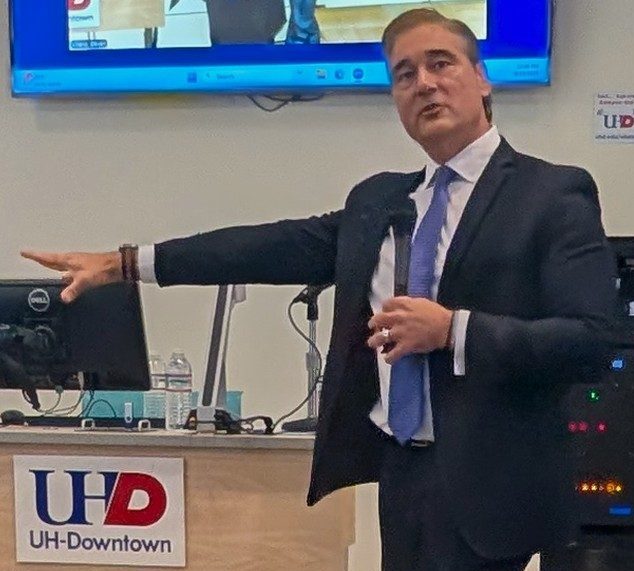
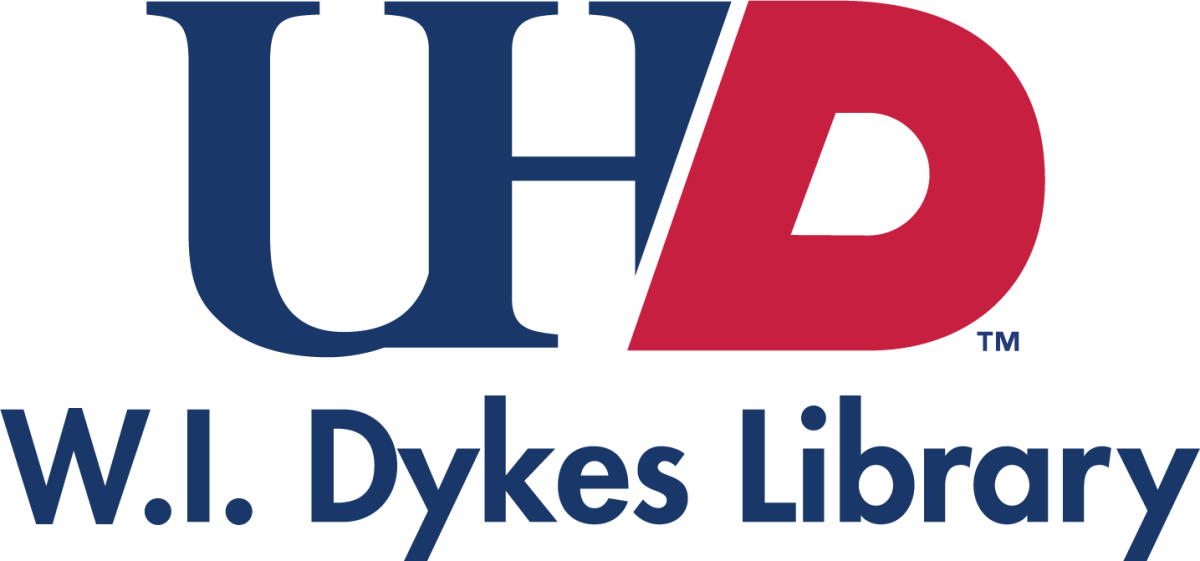










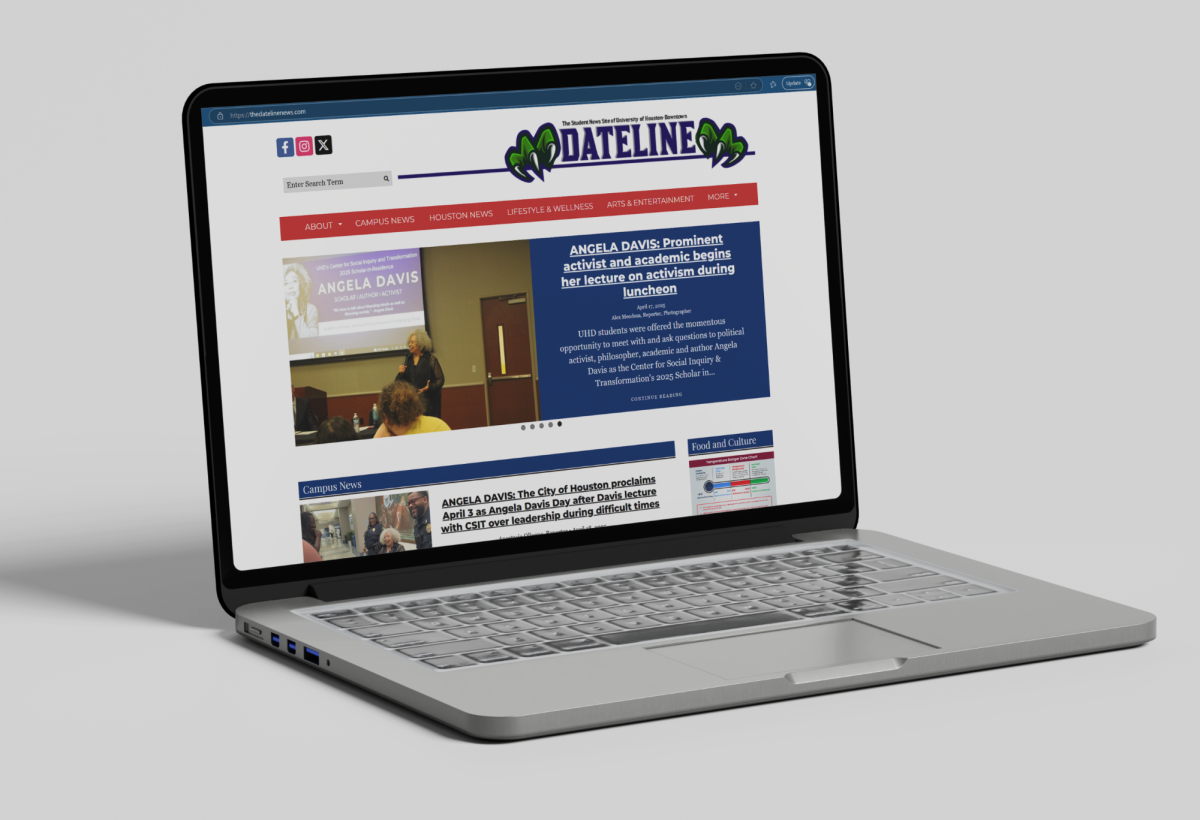


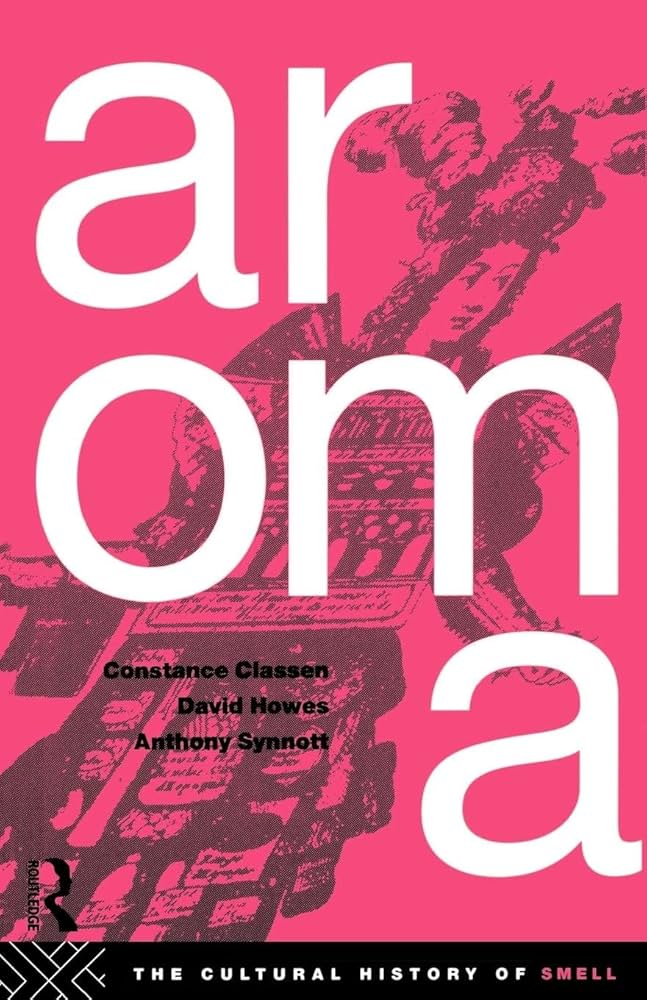





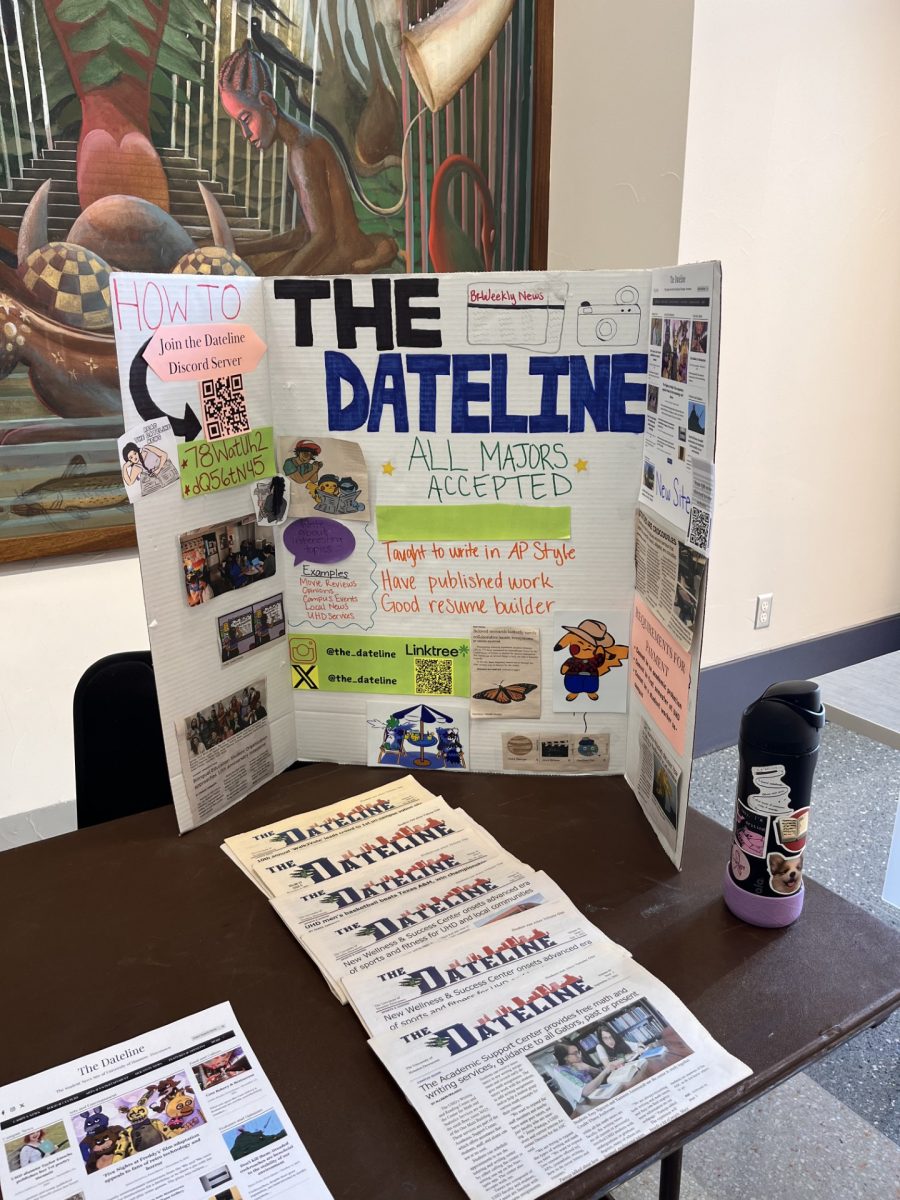
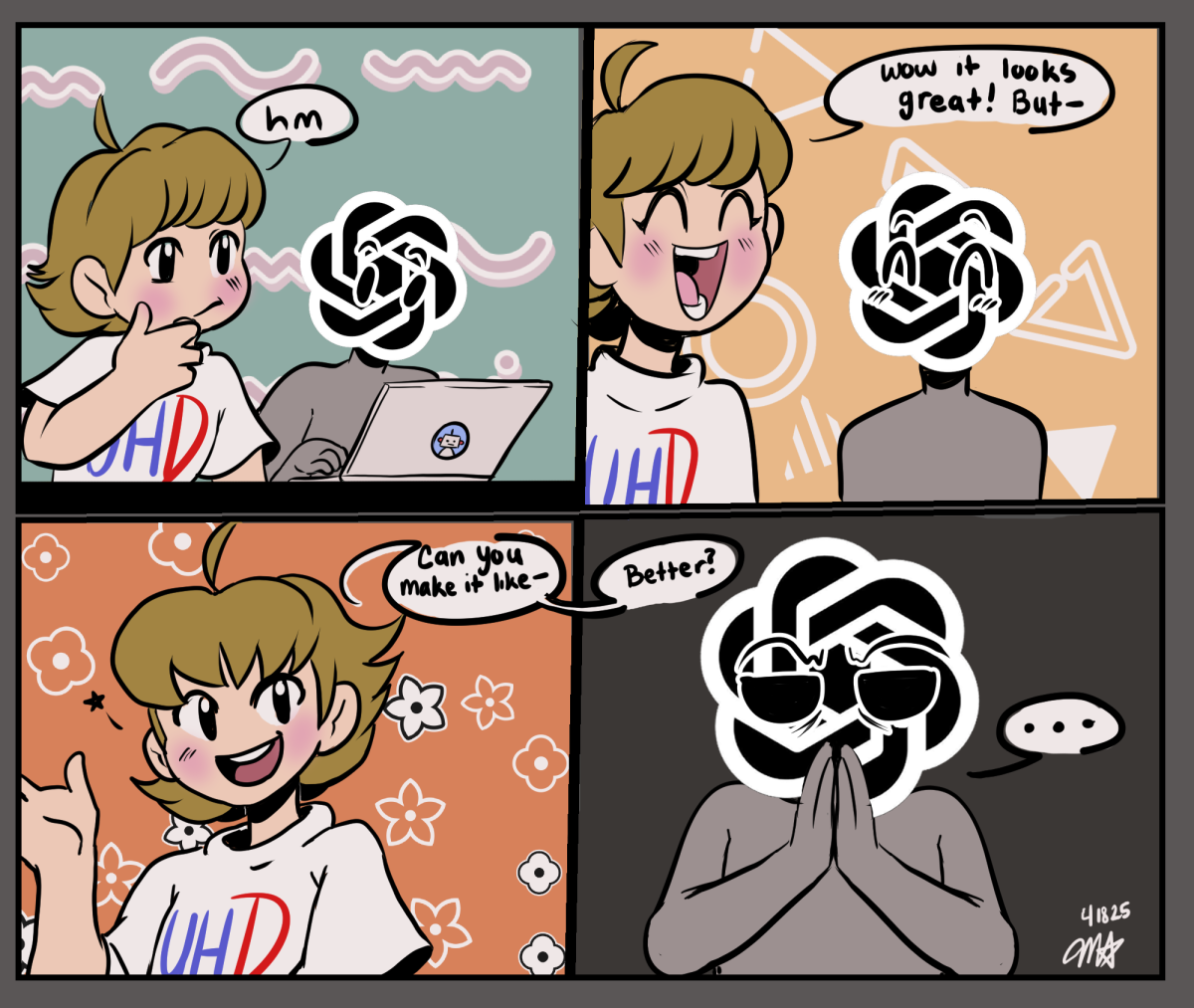
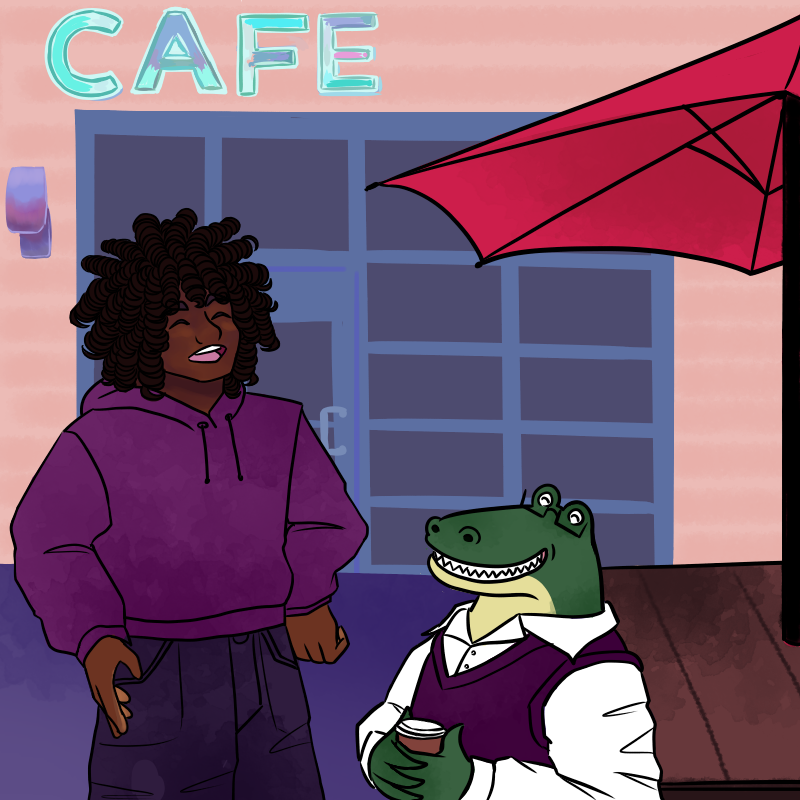






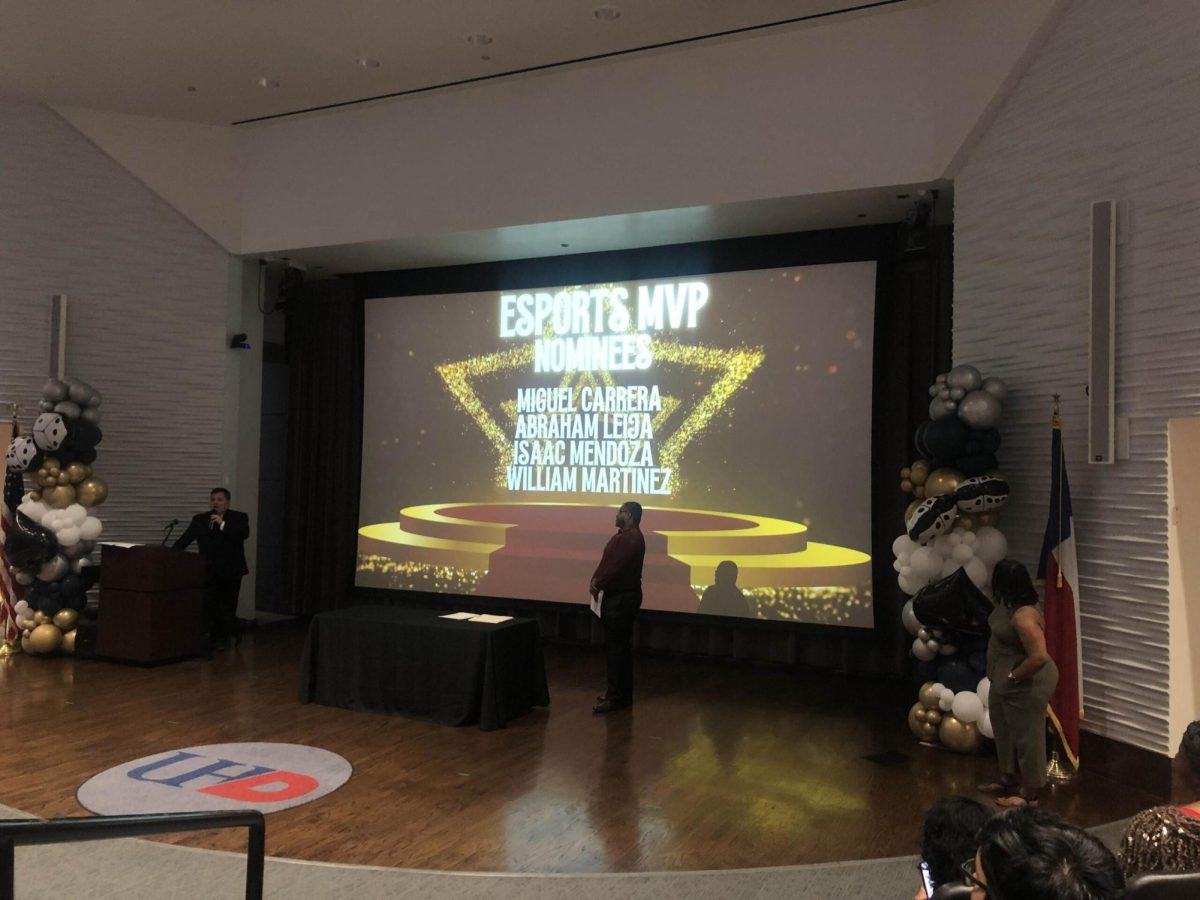


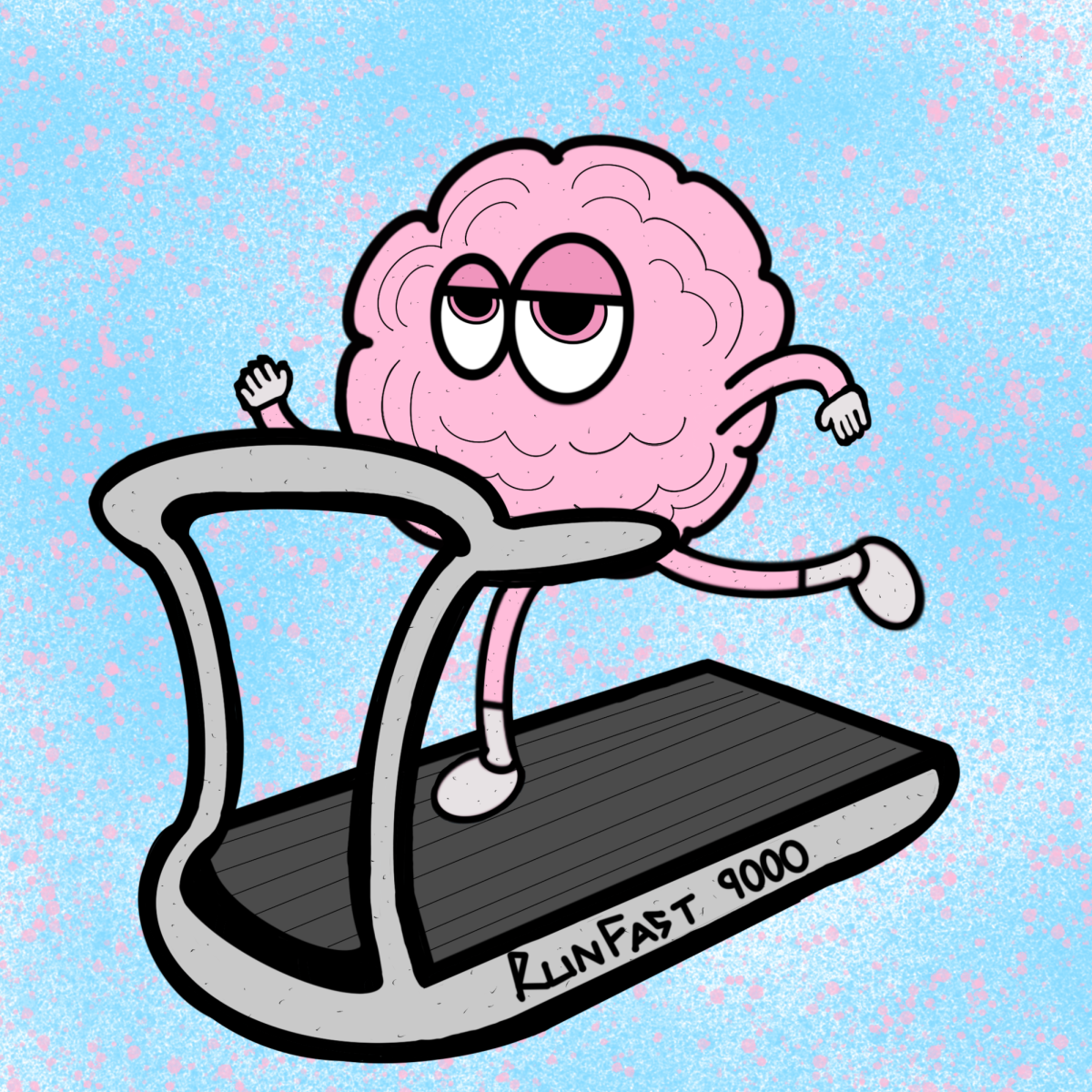

Lynnette Gulley • Jun 4, 2025 at 4:21 pm
From an academic advising standpoint, other aspects to consider are the pace and format of a mini-mester class, which is 3-weeks, online asynchronous. As a student is weighing pros and cons of this course option, be sure to take note a mini-mester class is very fast paced and the content is not reduced because of the timeline. Tutoring support can be limited between semesters and when there are limited class days on the calendar. Be prepared for learning in the online asynchronous instruction mode, which requires a lot of self-discipline to stay on top of your assignments in a timely manner. A mini-mester in Winter or May is a great option if it matches your availability, learning style, and best pacing.